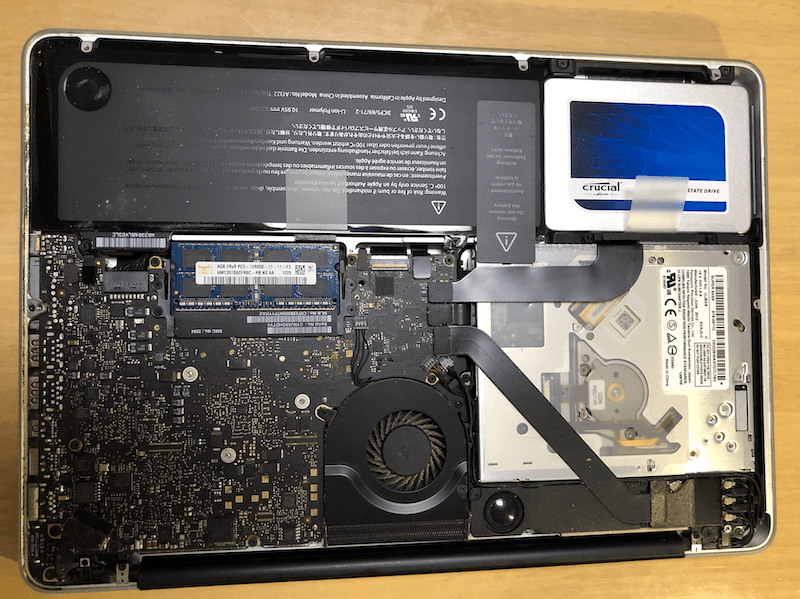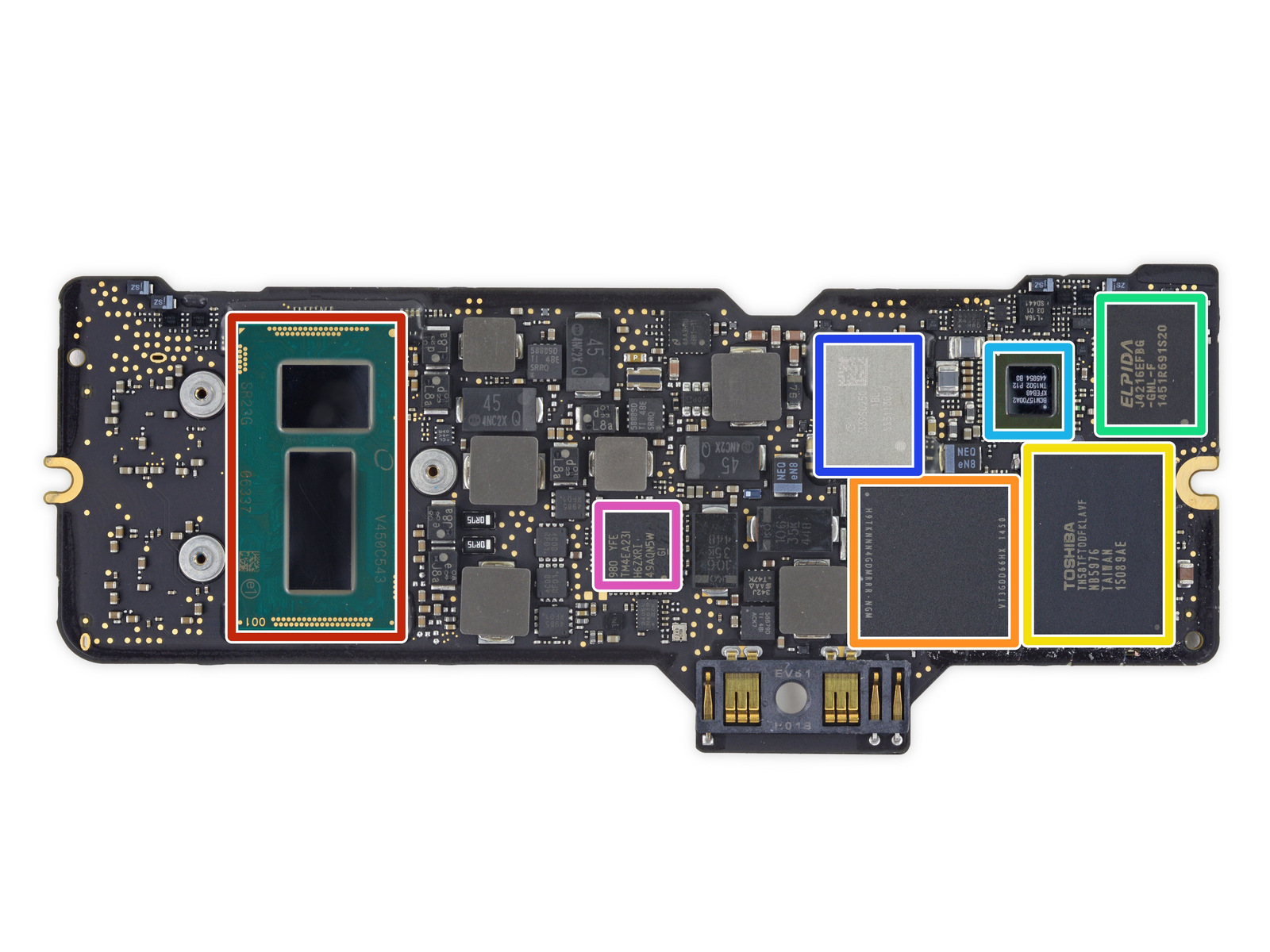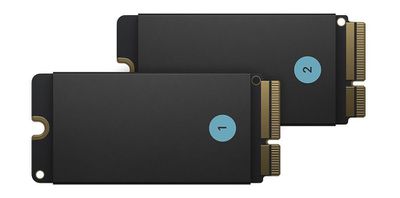
- Macbook pro cable failure ssd upgrade mac os#
- Macbook pro cable failure ssd upgrade install#
- Macbook pro cable failure ssd upgrade update#
They may just offer a service program and underwrite the cost of the repair. Your next step is to contact Apple for a service estimate. Separating causality from correlation is super tricky outside a repair shop where you have access to known good parts, can reconnect cables, run advanced diagnostics and see trends due to hundreds of repairs a week. (This is also the time when minor storage corruptions turn into data loss.) This is precisely when you discover hardware isn’t up to snuff and pre-existing storage failures become critical. When you run an upgrade, you change the boot process substantially.Worse, it shakes our confidence when we confront how little we can do in the face of hardware failure.

It stinks when we get a failure, so no amount of experience lessens that disappointment.
Macbook pro cable failure ssd upgrade mac os#
The OS is hobbled by it no other than needing the next write to succeed, there’s no code in the OS that intentionally breaks storage.Īs it has been for two decades of Mac OS support, coincidence is more likely than cause, here. You may have a hardware failure, but it’s not the OS that’s causing it.
Macbook pro cable failure ssd upgrade update#
We have that update on several Macs identical to yours. I have 30+ years of Mac background, I've seen SSDs biting the dust, but this is nothing I've ever seen before.
Macbook pro cable failure ssd upgrade install#

Apple Hardware Test on MacBook A with misbehaving SSD A = Screen stays forever black, and ends in Globe with exclamation sign and error -2003D (which is a OS recovery http connection issue, nothing which matters in the context).Ĭonclusion up to this point: The MacBook A still is perfectly fine, it’s the SSD A which is f#ck3d up (thanks to the Big Sur update).Apple Hardware Test on MacBook A with SSD B = Runs flawlessly resulting in no problems.


It has a 512 GB SSUBX Apple Samsung OEM SSD (Model MZ-JPV5120/0A4). I have the 13" MBPR (Early 2015, 2.9 GHz i5) of my 78 year old father here, which is kind of dead after he – if he recalls correctly – performed an update from Big Sur 11.x to Big Sur 11.y (he grabs every update he gets offered, so unfortunately he doesn't pay much attention to the details). I've heard quite a few stories of Big Sur bricking older MacBooks, but I'm not quite sure in which way precisely they get bricked (motherboard or just SSD), so question is whether the following story fits into those reports:


 0 kommentar(er)
0 kommentar(er)
